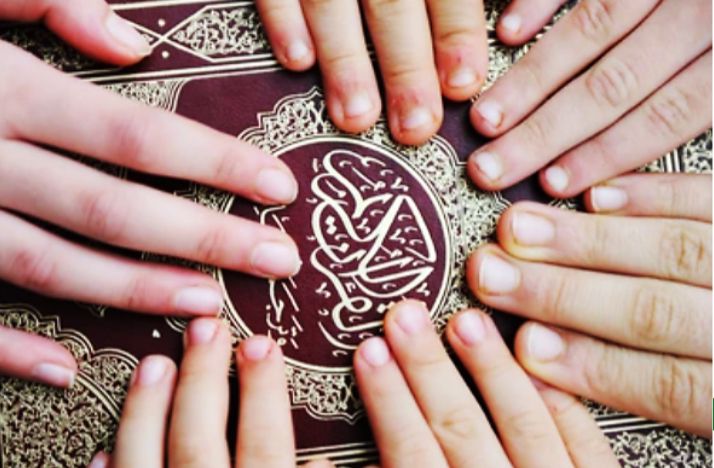By, O. M Salih
In times of difficulties, people generally understand that unity is needed to be able to overcome the circumstances. This applies for any social unit, from families to entire nations. The difficult times that we live in are undeniable, as we have witnessed and are still witnessing one of the first genocides to be live streamed for more than a year. As a nation with a huge wealth and capacity, we must question ourselves to find out why we couldn’t adequately use our energy till now to stop the war.
As these lines are written, the Kamal Adwan hospital, after the 70 day long ethnic cleansing of North Gaza, is being subject to forceful evacuation after being targeted for dozens of times. The probably last of many videos posted by the hospital director asking for help should be enough to shake the Ummah and wake us up to unite. The ethnic cleansing of North Gaza will not be the last to happen if we continue behaving and thinking in the same way.
Although many people would agree that division causes the worsening of difficulties, they don’t always agree to overcome -at least temporarily- these divisions or act collectively. We need to face the fact that much of our energy is consumed by arguing among ourselves on issues that we over-emphasize, yet we spend another portion of energy generating apologetic arguments about ourselves to others, including those near complete moral brokenness, and we ask others to stop the genocide. We spend billions of our hard-earned income to buy weapons from the same killing machines that are fuelling the genocide in Gaza.
As an Ummah, we have been suffering from recurring divisions for a long time, many of which were among the causes that led to some of the major historical tragedies our Ummah has witnessed. From the fall of Baghdad, the fall of Cordoba, the fall of Malacca all the way to fall of Istanbul and the subsequent loss of Palestine, our history teaches us many lessons and exhibits events that should not repeat.
The loss of Palestine to British colonialism was a catastrophic manifestation of the seeds of division that were planted between Muslims. The lack of unity continued to manifest during Zionist-led colonisation, forced immigration, ethnic cleansing and expansion that could not be entirely stopped by Muslim states till today.
Since we couldn’t see our governments sufficiently intervene -militarily or otherwise- to stop the ongoing genocide, we as both individuals and NGOs MUST press our governments and representatives for common work. We can mobilize within NGOs to create such pressure, yet our NGOs too should do so in a coordinated manner. Why can’t we have collective work among NGOs to push for legislations completely banning boycotted products from market shelves? Isn’t it possible for Muslim NGOs to mobilize Muslim workforce in countries arming the Zionists to go on strike together?
Standing united and working together does not mean waiting for our leaders to achieve the ultimate goal of uniting the Ummah under one body before we can work for a common goal. Muslims who have enormous trade relationships with the world, the backbone of global oil supply and the youngest population of the world are not short of actions to take against the genocide. What do we have to lose if a handful of Muslim governments jointly wave with sanctions against countries supplying arms to Zionists or the country vetoing against almost every ceasefire resolution?
As the world becomes a smaller place, such coordination can be easier than before. From grassroots movements of Muslim minorities to national labour and merchant unions in Muslim countries, a common voice and a united platform can be of great benefit. We must unite and disregard minor issues compared to the major losses we are incurring. Waiting for others to save us is not the solution. Before it becomes too late, we need to work together to mobilize and save what is left of Gaza to #StopGazaGenocide.***
- Islamic University VC Engages with IIUM Community on Integrating Shariah Law into Bangladesh’s Legal System - January 28, 2026
- SISCO Launches Certified Course on Visionary Leadership and Community Engagement at IIUM - January 28, 2026
- Memorandum of Understanding (MoU) Signing Ceremony between IIUM and Aafiyat Holdings Sdn. Bhd - January 28, 2026
